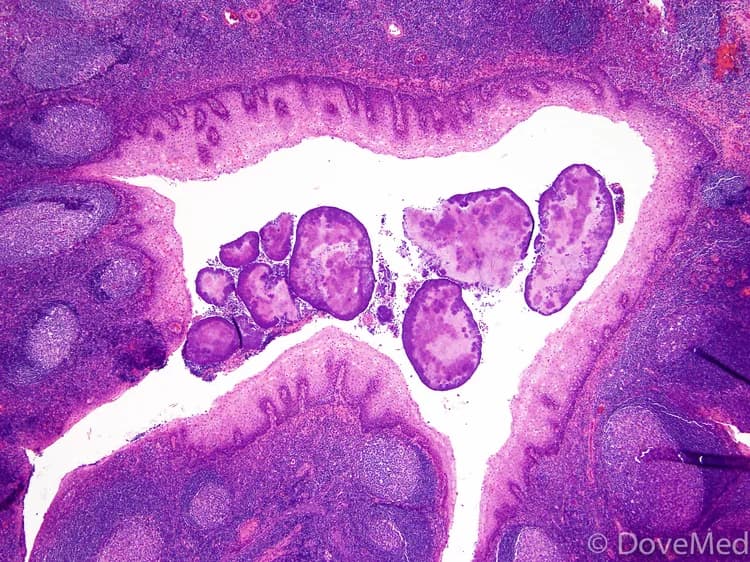
Commensal Bacteria Regulate Immune Cells In Lungs To Produce Proteins For Host Defense
Microbiota--the trillions of bacteria that co-exist in the body--regulate the ability of lung dendritic cells to generate immune responses, according to a study led by researchers from the Icahn School of Medicine at Mount Sinai, published online in theJournal of Experimental Medicine.
"Our findings demonstrate a clear role of bacteria in modulating immune function in the lungs, which were long considered 'sterile' sites," said Saurabh Mehandru, MD, senior author of the paper and Assistant Professor of Medicine in Gastroenterology, Icahn School of Medicine at Mount Sinai. "This provides the basis to study other aspects of lung immune function that may be affected by microbial communities, and may also help with improving nasal vaccines used to protect against infections of the lung and elsewhere in the body."
The human body contains approximately ten times as many bacterial cells as human cells. Known as commensal bacteria, they exist in a mutually beneficial, symbiotic relationship with their human hosts, helping with a diverse range of functions that are only beginning to be understood. While a majority of previous studies have focused on how bacteria shape and protect the immune system within the intestines, it is becoming clear that other sites of the body also benefit immensely from commensal bacteria.
The immune system produces a complex range of proteins and chemicals to protect against infections, allergies and cancer. One group of these proteins is called immunoglobulins, or antibodies, that are produced by specialized cells called B cells. Immunoglobulin A (IgA) is the predominant antibody within the inner lining of the body, called the mucosa; intestines and lungs are two of the largest mucosal surfaces. At these sites, IgA is shown to protect against infections. Evidence is also emerging that IgA may help suppress allergies at these sites.
To study the production of IgA within the lungs, the researchers used mouse models to isolate specialized cells called dendritic cells and cultured them with antibody-producing B cells. After four to five days of culture, the B cells started producing the IgA antibody in a process called "IgA class switch recombination." To the researchers' surprise, they found that when they isolated lung dendritic cells from "germ free" or antibiotic-treated mice, the production of IgA was highly impaired. Further, when the germ-free mice were fed with a component of bacterial cell wall called LPS, the lung dendritic cells started instructing B cells to produce IgA again.
Indiscriminate use of antibiotics in clinical use as well as in food production in western countries has changed the bacterial composition of our body, causing dysbiosis (microbial imbalance), and coinciding with a dramatic increase in allergic disorders like asthma and food allergies. With this study, Mount Sinai researchers have shown a key link between antibiotic use, dysbiosis and reduced production of IgA within the lungs. Since low levels of IgA have previously been shown to relate to asthma and other allergic diseases, this in turn provides a novel mechanism behind the rising incidence of these disorders in the western populations.
Additionally, researchers have shown that changing the bacterial composition of the body may have important consequences on the effectiveness of vaccines used to protect the mucosal surfaces of the body against infection. Thus, their study demonstrates how commensal bacteria may affect important aspects of lung immunity, in turn increasing our susceptibility to allergies and infections.
The above post is reprinted from materials provided by The Mount Sinai Hospital / Mount Sinai School of Medicine. Note: Materials may be edited for content and length.
Disclaimer: DoveMed is not responsible for the adapted accuracy of news releases posted to DoveMed by contributing universities and institutions.
Primary Resource:
Ruane, D., Chorny, A., Lee, H., Faith, J., Pandey, G., Shan, M., ... & Oropallo, M. (2015). Microbiota regulate the ability of lung dendritic cells to induce IgA class-switch recombination and generate protective gastrointestinal immune responses. The Journal of experimental medicine, jem-20150567.
Related Articles
Test Your Knowledge
Asked by users
Related Centers
Related Specialties
Related Physicians
Related Procedures
Related Resources
Join DoveHubs
and connect with fellow professionals

0 Comments
Please log in to post a comment.